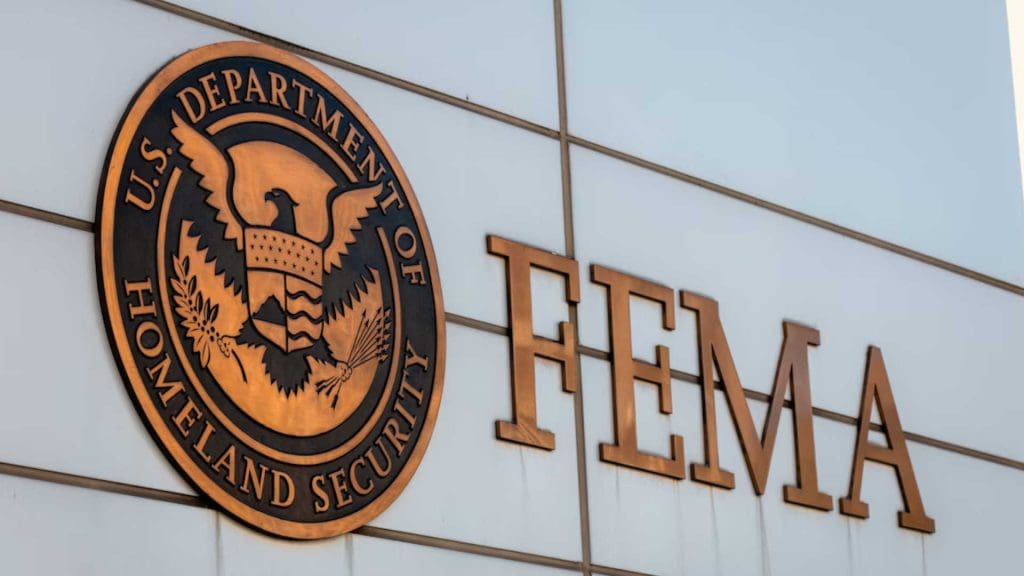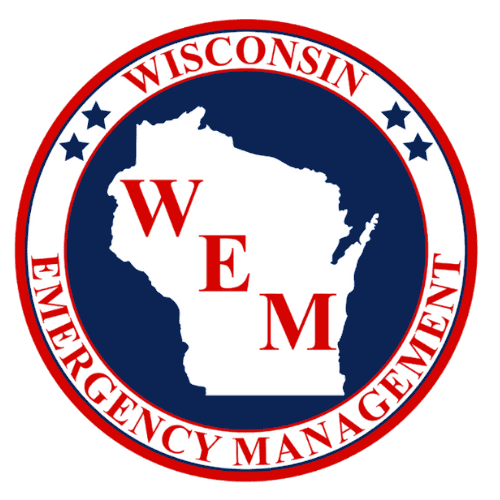Financial assistance is provided to build capabilities through state and federal funding. Focused solely on non-disaster grants, this page contains the standard forms and resources you will need to successfully apply, manage, and close-out your grant.
Questions specific to your local grant should be directed to the program contact identified in your Notice of Funding Opportunity (NOFO).
Nondiscrimination Notice and Title IV policy to Grants Tools and Resources page (https://widma.tempurl.host/grant-tools-resources/ )(see separate attachments
Grant summaries are available on our grants page
Technical Assistance

Egrants User Guide
The Egrants User Guide provides technical assistance to applicants and subrecipients of grants administered through Wisconsin Emergency Management’s online grant management system https://wem.egrants.us/.

Egrants Job Aid:
Submitting a Fiscal Report
The Fiscal Report in Egrants is where you will submit your request for reimbursement.
Egrants Frequently Asked Questions
Watch this video for help with common Egrants questions.
Resources for federally-funded grants

Quick Reference Guide: Procurement Under Federal Grants
This document is provided as a quick reference to the federal procurement standards and requirements for current and potential recipients or subrecipients of federal financial assistance.

Reference Guide for Sam.gov
Our reference guide to create your user account, register your entity, and submit your notarized letter for the System for Award Management

FEMA Preparedness Grant Manual
FEMA has the statutory authority to deliver numerous disaster and non-disaster financial assistance programs in support of its mission, and that of the Department of Homeland Security, largely through grants and cooperative agreements. These programs account for a significant amount of the federal funds for which FEMA is accountable

Title 2 of the CFR: Federal Financial Assistance
The executive branch of the federal government publishes the federal regulations regarding federal financial assistance which is available online through this website. The regulations are required of all federal agencies and passed through to WEM and any entity that receives funding.

